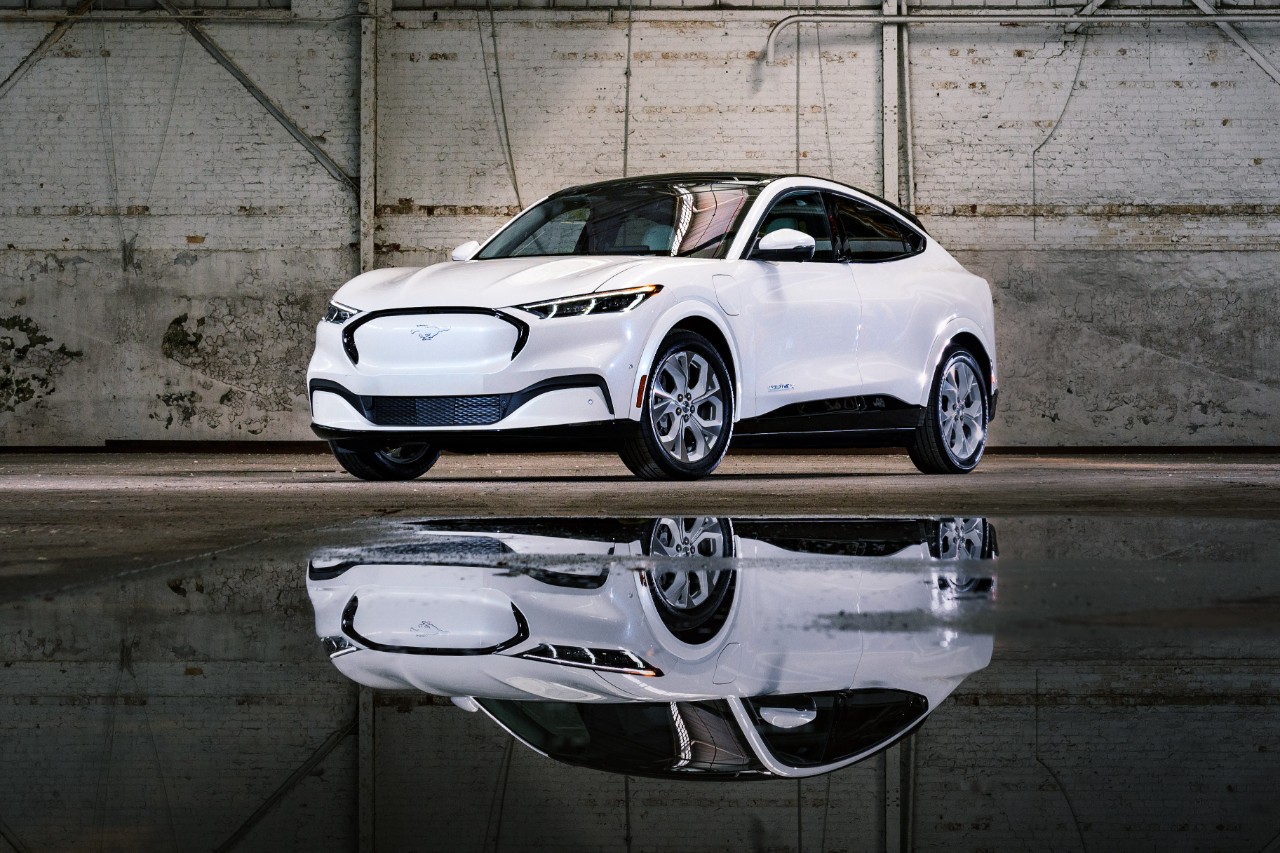Ford (F 0.54%) has likely been on the radar of many investors lately as the company recently announced plans to launch an entirely new electric vehicle platform. Its aim is to boost profitability and carve out a niche in the EV industry.
Those are worthy goals, but Ford is facing plenty of challenges. Tariffs have dented the company's profits, and electric vehicles are notoriously expensive to design and launch.
Despite the risks, could buying Ford right now, while its shares are under $13, be a smart move? I think investors would be better off avoiding Ford stock right now and instead waiting until more of the company's ambitions begin to materialize. Here's why.

Image source: Ford.
Ford's grand plan
Ford's management recently laid out a new electric vehicle plan, with the goal of selling a new, small EV pickup truck by 2027 -- with a price tag of about $30,000. The new vehicle, which hasn't been named yet, would be the first of a new lineup of vehicles built on a new EV platform.
Ford CEO Jim Farley indicated just how focused the company is on this EV plan, saying: "We have all lived through far too many 'good college tries' by Detroit automakers to make affordable vehicles that ends up with idled plants, layoffs and uncertainty. So, this had to be a strong, sustainable and profitable business."
It's commendable to see Ford taking steps toward expanding its EV lineup, and offering an electric vehicle at that price would be a welcome move by consumers. The average transaction price for a new EV right now is about $57,000, which is too pricey for many Americans.
It's also a smart strategy to build a new platform that Ford can use to build future models. The company says the new platform will bring manufacturing cost efficiencies, with the new EV platform reducing parts by 20% versus a typical vehicle and 15% faster assembly times.
It's too early to bet on Ford's vision
If you're considering buying Ford's stock based on the company's ambitious EV goals, there are a few reasons why you'd likely be making a premature bet. For one, Ford has laid out ambitious electric vehicle plans before, only to come up short. The company said in 2023 that its EV segment would be profitable on an earnings before interest and taxes (EBIT) basis by the end of 2026.

NYSE: F
Key Data Points
And yet the company has posted significant losses for the division, including an EBIT loss of $1.3 billion in Q2, representing a widening loss compared to the year-ago quarter. The expanding losses came from battery production facility costs, tariffs, and investments in its next-generation models.
When the company set its goal of EBIT profitability for its EV segment several years ago, it couldn't have anticipated President Donald Trump's tariffs, of course. But my concern is that Ford is painting a rosy EV future that's going to be very difficult to make into reality.
Investors only need to look to other traditional automakers to see the current shift in the EV industry. Toyota scaled back its 2026 EV manufacturing goal recently by about one-third, and Volvo backed away from its previously touted ambition of going all electric by 2030. Rising costs and uncertain consumer demand is causing some automakers to rethink ambitious EV plans, while Ford is doubling down.
Take a wait-and-see approach
I'm curious to see Ford implement its new EV strategy, and I'm rooting for the company. But I don't think buying Ford stock right now, as it pours money into this bet, is the right move.
Instead, I think investors should wait to see if Ford delivers on launching a $30,000 EV truck by 2027, how well it sells, and if the company begins to narrow its EV losses before considering buying the stock. If electric vehicles are the company's future, then waiting to buy the stock until the company delivers on its goals seems like a prudent approach.





